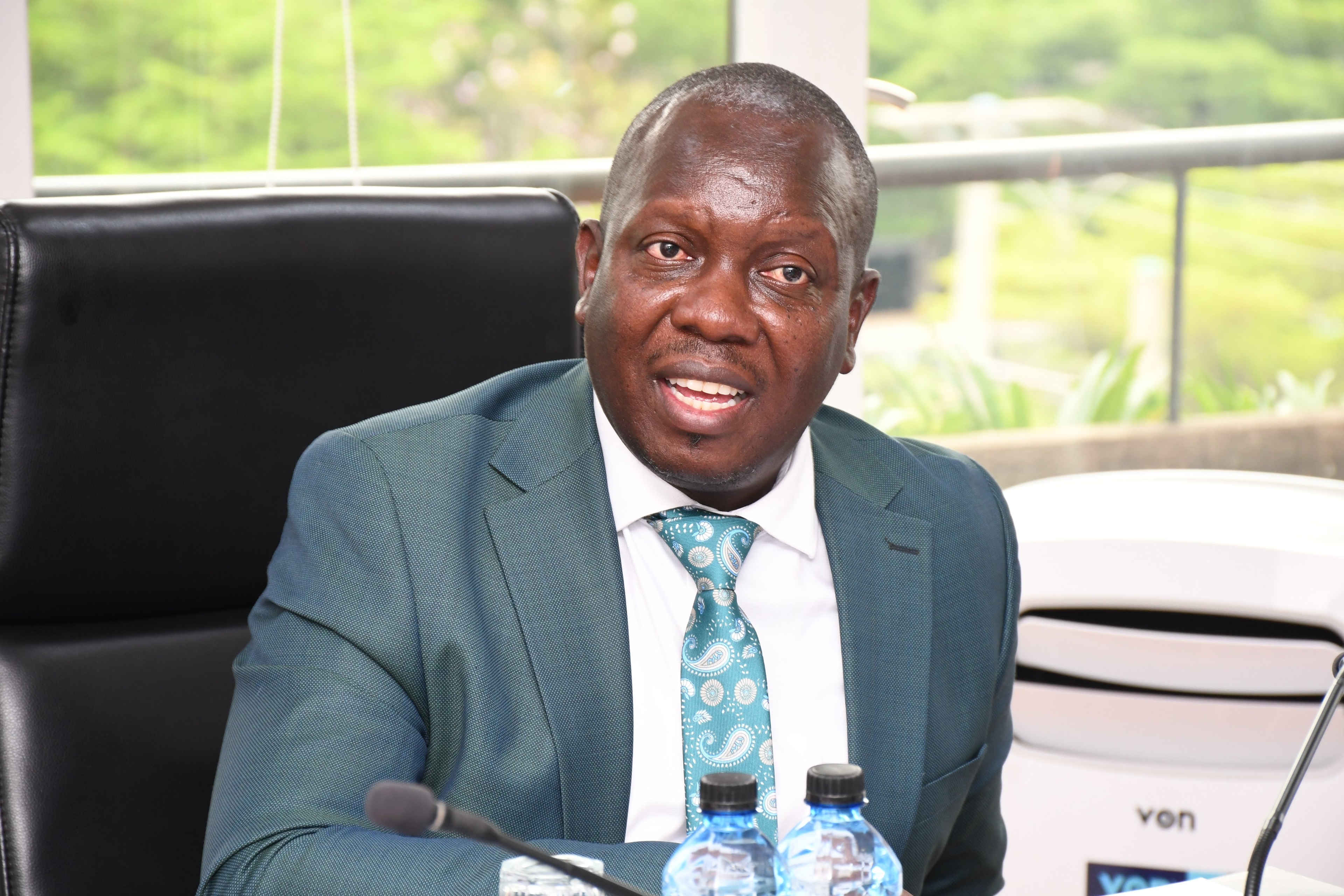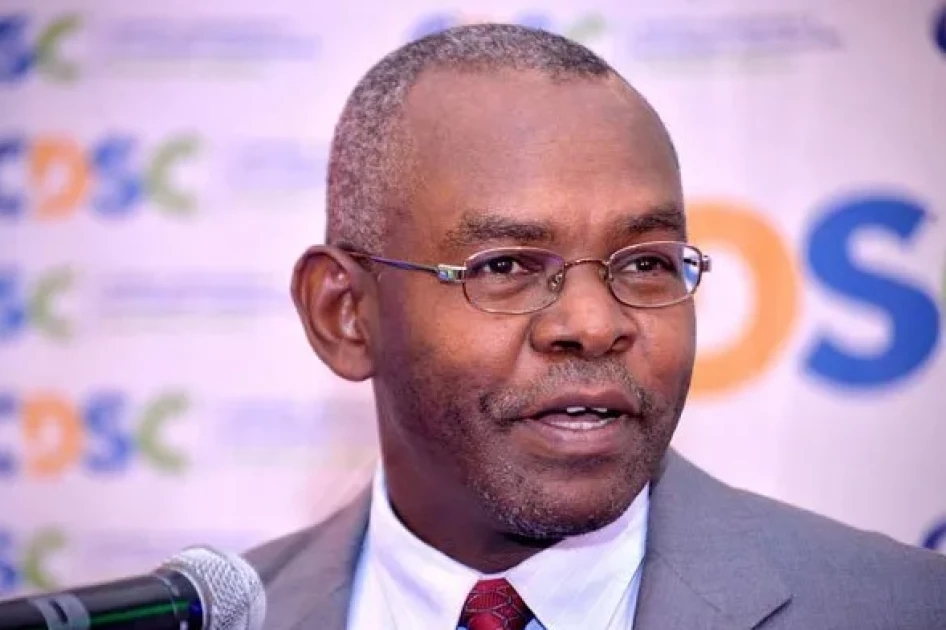What comes to mind when the term 'green economy' is mentioned? You'll probably think of tree planting, solar panels, wind turbines and climate change. The next question would be: how do all these affect your life?
Critics would say all this talk about going green has nothing to do with the ordinary man and woman busy with day-to-day matters of life. However, the emerging green economy provides lots of opportunities as industries, bankers, farms and educational institutions look at environmentally sustainable ways of doing business.
The green economy is expected to create more jobs as electric motor vehicles become popular. Most major car manufacturers have vowed to stop making petrol and diesel vehicles by 2030. Public transport operators (owners, drivers and support staff) could also benefit if there's greater investment in electric buses for mass transport. All these initiatives are designed to cut down carbon emissions.
In the agricultural sector, smart farming practices will increase yields and, therefore, jobs. Recycling waste, admittedly not a glamorous career, will see more job opportunities as commercial enterprises are forced to process their waste. The growth of recycling industries could open up further job opportunities.
GREEN MONEY
The United Nations Environment Programme (UNEP) estimates that, if Kenya adopts green economic practices, the economy could be 12 per cent bigger by 2030, compared to a business-as-usual scenario. That difference translates to Sh6 trillion, almost double the current government's annual spending.
In a green economy, the growth of employment is driven by activities that reduce emissions and pollution while enhancing energy efficiency and preventing damage to the environment. In November 2021, former President Uhuru Kenyatta committed the country to generating all its energy from clean energy sources by 2030. Kenyan households are expected to be using clean energy for cooking and lighting by 2028.
"We urgently need new and improved clean energy technologies that meet the energy demand without exacerbating greenhouse gas emissions," Uhuru said at a UN conference in Scotland.
President William Ruto spoke about that particular commitment in his inauguration speech. "Kenya is on a transition to clean energy that will support jobs, local economies and sustainable industrialiSation," Ruto said.
The President promised a full and fair transition that will ensure all communities benefit from the shift to solar, wind and geothermal energy. Indeed, one of the features of a green economy is social inclusivity. According to the Green Economy Coalition, a green economy enables all people to create and enjoy prosperity. Micro and small enterprises are a key part of the green economy.
"The green economy is people-centred. Its purpose is to create genuine, shared prosperity. It offers opportunities for green and decent livelihoods, enterprises and jobs. It focuses on growing wealth that will support well-being," the coalition explains in a statement.
The next question most people would ask is about the career opportunities that come with a green economy. There will be a need for specialists in smart agriculture, wind turbine engineers, solar energy technicians and experts in carbon trading. Environmental consultants and business sustainability advisers are also likely to get more clients.
Those who can use data analysis and satellite images to calculate the impact of business on the environment will have an edge in the job market. Persons qualified in maintaining electric vehicles, experts in green heating and electricians who can install smart metres are likely to be in demand. The construction of charging points for electric vehicles will also create opportunities.
The World Economic Forum (WEF) describes green jobs spanning across a wide range of industries, from the obvious ones like renewable energy to more unexpected ones like finance, fashion technologies and transportation industries. In the textiles industry, for example, there is a shift towards sustainable fashion and pollution prevention. Pressure from consumers is forcing the fashion industry to think along those lines. Meanwhile, in banking and finance, there is a focus on investments that do not harm the environment.
GREEN QUALIFICATIONS
To get one of these green jobs, one must get the necessary training. There are many educational institutions offering certificate, diploma, degree and postgraduate courses for green economy jobs. One may opt for short courses, some of which can be done online. The government is also issuing licences for those who have qualified. For example, solar energy technicians and energy audit specialists need a practising licence from the Energy and Petroleum Regulatory Authority.
Another way to look for green jobs is by networking with people already in the green economy. Attend industry forums to get the latest information on the green economy. Professionals in careers not currently classified as green jobs, such as accountants, marketers and engineers, could find out through networking how to adapt to the green economy. The International Labour Organisation describes this as "green networking".
Apart from jobseekers, green economy entrepreneurs are benefiting from competitions through which they win grants to expand their businesses. One such competition is the Design Intelligence Awards (DIA), whose call for entries closed on June 30. Individual winners stand to get between Sh1 million and Sh9 million in prizes.
Just before the latest edition of DIA was the "What Design Can Do Challenge", where Kenyan company Rethread Africa won 10,000 Euros (Sh1.5 million) in funding. The company demonstrated how plant residues can be turned into textiles for the fashion industry. In addition to cash prizes, each of the winners who were selected from all over the world are set to benefit from a development programme to ensure their ventures are successful.
"Winning prestigious awards can bring numerous benefits. Not only does it offer recognition and credibility, but small award-winning businesses and individuals have also witnessed an increase in operating income and sales growth compared to non-winners," Adrian Jankowiak, a Nairobi-based creative director, explains.
While such awards cannot be described as handouts, they provide individuals, institutions, innovators and creatives with the chance to secure financial support, redefine their products, expand their inventory, and tap into new customer bases.
"The bottom line is clear; there are viable opportunities available for the youth and experienced businesses to apply with their innovative ideas. Participating in competitions can yield substantial benefits and open doors to new horizons. Remember, you can't win if you don't enter," Adrian concludes.
















